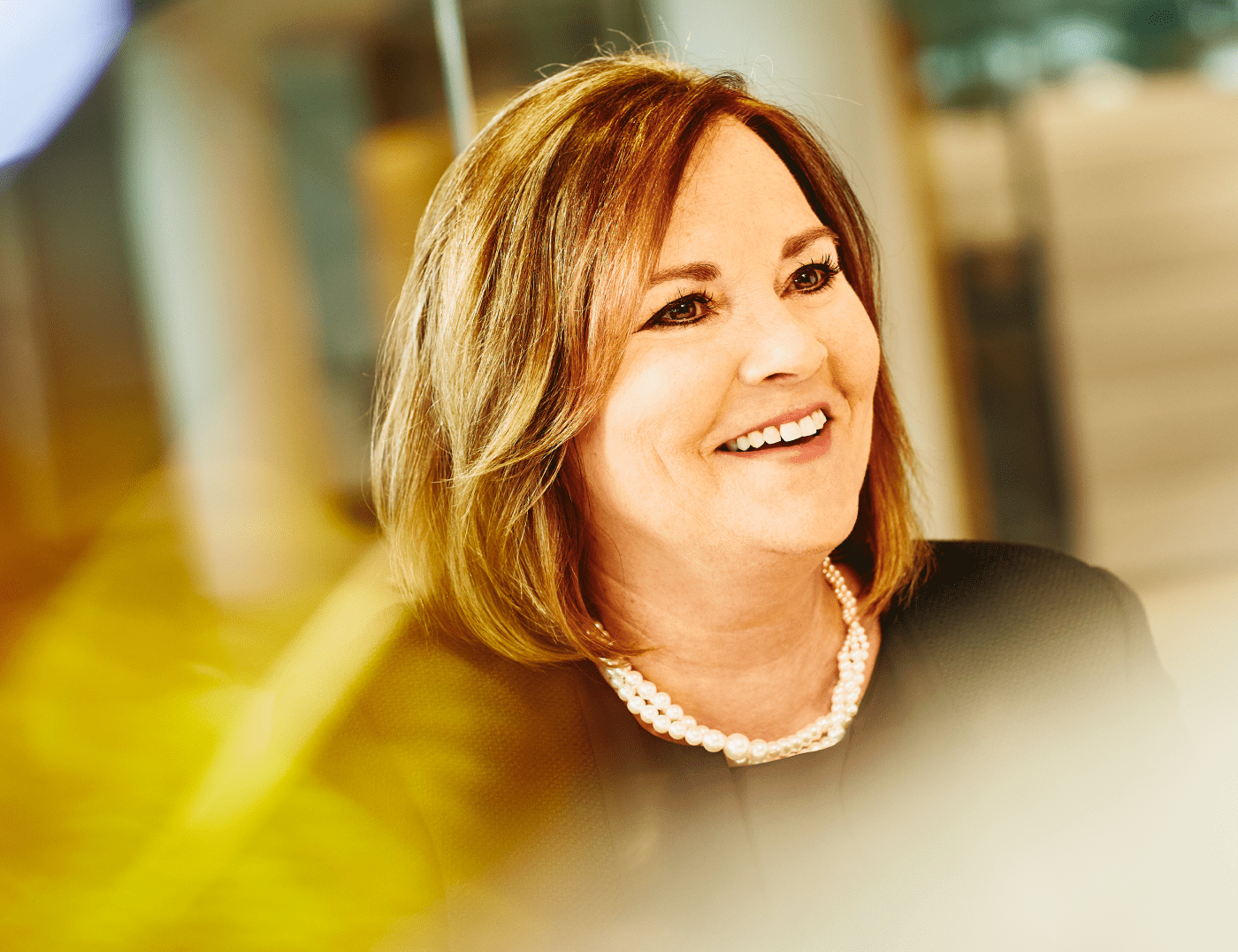
10 Steps to Become a Great U.S. President
February 21, 2022
These 10 simple actions would make the country’s chief executive more effective and trustworthy. The president of the United States…

 When most people get the CEO job there’s usually some sort of a change mandate. Occasionally everything’s perfect and the former CEO rides off into the sunset. Which situation fits your role?
When most people get the CEO job there’s usually some sort of a change mandate. Occasionally everything’s perfect and the former CEO rides off into the sunset. Which situation fits your role?
These 10 simple actions would make the country’s chief executive more effective and trustworthy. The president of the United States…

Jeff Bezos and Kendra Scott announced this week that they are stepping down as CEOs to become Executive Chairmen* of…

Traits to look for when you need to find talent I recently wrote that hiring “oddballs” can give your company…
0 Comments